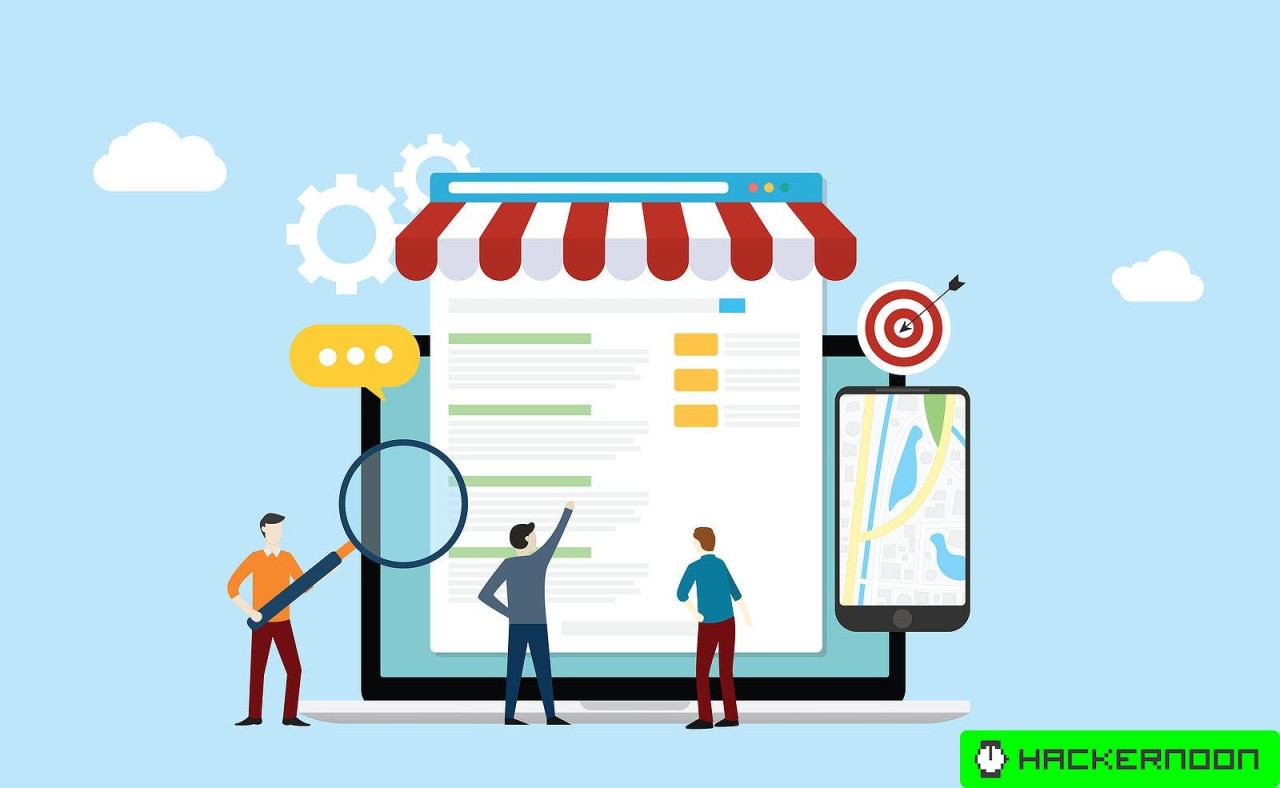Forbes : Online stores Ecwid Vs. Shopify (2024 Comparison)
Whether you're launching an e-commerce empire or a side gig, Ecwid and Shopify are top options to consider. Both e-commerce platforms deliver everything you need to sell anywhere, including an online store, social media sites, seller marketplaces, retail stores and mobile venues. Read our in-depth Ecwid vs Shopify comparison to see how the two popular e-commerce site builders stack up in terms of pricing, features, ease of use and more.
Ecwid vs. Shopify: At a Glance
Ecwid and Shopify are beginner-friendly, all-in-one sales platforms that let merchants sell all types of goods and services anywhere. Each provides a full suite of tools to manage payments, products, inventory, orders and customers on your own website and across all of your sales channels.
The notable differences between Ecwid and Shopify include overall cost, number of products per plan and integrations to other websites, blogs and point-of-sale (POS) systems. Which is best for your business largely depends on your budget, online store needs and target sales channels.
Plan Costs
As you compare Ecwid versus Shopify, it's important to note what you get for your money.
At first glance, Ecwid costs less than Shopify and is the only one with a free plan. However, Shopify can top Ecwid in value since its base store plan includes unlimited products, all sales channels and mobile POS. Lower Ecwid plans have product limits and only the top-tier plans enable all sales channels and mobile POS.
- Free plan: List 10 products with Instant Site
- Venture plan ($19 per month): List 100 products with Instant Site, add store to other websites and blogs, plus sell on Facebook and Instagram
- Business plan ($39 per month): List 2,500 products with Instant Site, get everything in Venture, plus sell on Amazon, eBay, mobile POS and more
- Unlimited plan ($99 per month): List unlimited products with Instant Site, get everything in Business, plus connect to retail POS systems including Vend by Lightspeed, Square and Clover for in-store sales
- Save on Ecwid plans: Save 25% if you pay annually
Other costs for selling on Ecwid:
- Fees from third-party providers for credit card processing, shipping labels and retail POS systems
- A custom domain name for your Ecwid Instant Site adds around $15 per year
- Add-on features via apps and custom integrations
- Starter ($5 per month): List unlimited products and sell via mobile POS and an online Buy Button tool; online store not included
- Basic ($39 per month): List unlimited products, build an online store, sell on all sales channels and mobile POS, plus access email marketing and business reporting tools
- Shopify ($105 per month): Everything in Basic plus advanced marketing, reporting and business automation tools and lower rates on Shopify Payments and Shopify Shipping
- Advanced ($399 per month): Everything in Shopify, plus real-time shipping rates, international sales tools and the lowest rates on Shopify Payments and Shopify Shipping
- Shopify Plus ($2,000 per month): An all-in-one solution geared toward high-volume retail businesses
- Save on Shopify plans: Save 25% when paid annually (except (Starter and Shopify Plus plans)
Other costs for selling on Shopify:
- Fees for Shopify Shipping labels and Shopify Payments credit card processing
- If using your own credit card processor, Shopify tacks on a transaction fee
- For retailers, POS Pro adds $89 per month, per location
- Advanced store themes start at $180
- A custom domain name for your online store adds $14.95 per year
Ecwid and Shopify are sell-anywhere platforms that seamlessly connect to a full range of sales channels. Along with an online store, both enable sales on Facebook, Instagram, Pinterest, TikTok, Amazon, Etsy, eBay and more. Both also support all types of in-person sales via mobile and retail POS.
Shopify is a great value for multichannel sellers since it provides access to all sales channels in the base store plan. However, Ecwid lets sellers publish a store on one or more blogs and websites, which is ideal for a multisite sales strategy.
Ecwid and Shopify support all types of e-commerce sales, including physical products that ship, items for local delivery or pickup and digital download products. Via add-on apps, both also support online courses, webinars and subscriptions, as well as service bookings with online payments.
Both online store platforms provide detailed product pages including photos and videos, item variations and sale prices. Sellers can also create collections, store information pages, require customer logins (or not) and automate order management.
However, Shopify's product management and store menus are more robust than Ecwid's Instant Site. Shopify merchants can organize large product catalogs into collections and sub-collections, then list these in mobile-friendly store menus. Ecwid's stand-alone Instant Site supports product collections, but these don't carry over to mobile menus. With over 72% of online sales happening on mobile devices, Shopify's mobile-friendly menus can help boost sales.
SEO tools are rather basic on both Ecwid and Shopify. Both pull SEO metadata from product, collection and page content, but there are few controls beyond that. Smart use of keywords in titles, product descriptions and media file names can help merchants maximize these basic SEO features.
Shopify SEO features can be expanded by adding apps such as Yoast SEO and Bloggle. The best way to improve Ecwid SEO is to drop the Ecwid store into an SEO-friendly WordPress, Wix or Squarespace website.
Blogging FeaturesAll Shopify store plans include a built-in blog with basic features that can be extended with Shopify blogging apps, such as Blog Studio or DropInBlog. Ecwid users can build a simple blog on Instant Site by adding a "Blog" collection and using pages for blog posts. However, embedding an Ecwid store into a WordPress, Wix or Squarespace website provides a more powerful blogging and content marketing solution.
Email Marketing
Ecwid and Shopify both provide built-in automated abandoned cart recovery emails. This sales-boosting feature lets merchants email reminders and coupon offers to shoppers who didn't complete a purchase.
Each platform provides built-in email list building and automated email marketing campaigns. Sellers can also connect a variety of email apps to both Ecwid and Shopify, including top-rated Mailchimp or Klaviyo, which supports both email and text campaigns.
Both platforms offer mobile POS tools to handle in-person sales in venues such as markets and fairs and for mobile service payments. However retail store POS options differ greatly between Ecwid and Shopify.
Ecwid does not have a built-in retail POS tool. Instead, it directly integrates with some of the best POS providers including Vend by Lightspeed, Square and Clover, plus it supports custom integrations to other POS systems. Shopify has a proprietary retail store system called Shopify POS Pro but offers few integrations to other POS systems in the app store.
Bottom LineIn comparing Ecwid versus Shopify, both platforms clearly answer the "sell anything anywhere" needs of modern entrepreneurs. Major differences come down to overall cost, online store features and integrations to other websites, blogs and POS systems. If virtually unlimited website, blog and POS integrations is your priority, Ecwid may be your ideal solution. If you're looking for budget-friendly access to all sales channels and a robust online store, Shopify can deliver more bang for your buck than Ecwid.
Original text: Forbes

Ecwid vs Shopify (2024 Comparison) – Forbes Advisor

How a small business can benefit from an online presence - Blog

Presentation website for small business: Everything you need to know - Blog

Oberlo: Most inspiring small business web stores in 2024 - Blog

10 Presentation (Brochure) Website Examples to Inspire by Hubspot - Blog
When you subscribe to the blog, we will send you an e-mail when there are new updates on the site so you wouldn't miss them.





